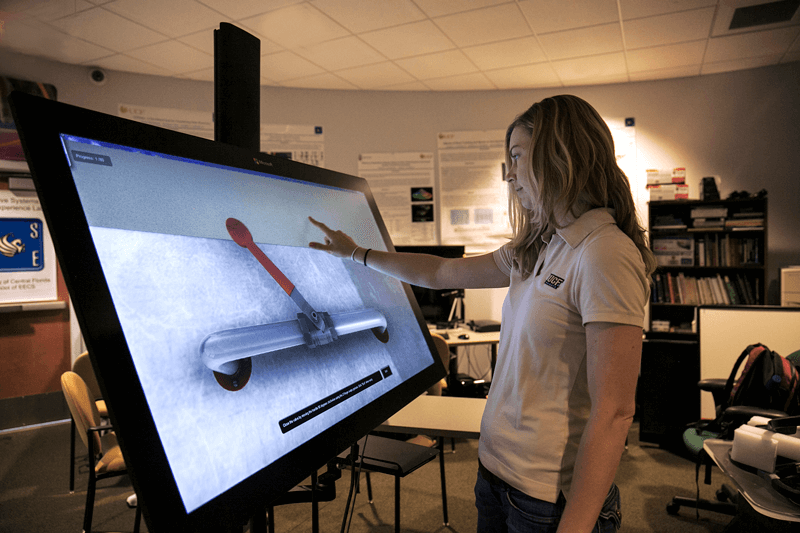High-Impact Practices
Amplify Your Learning

Design Your Educational Journey
Participating in High-Impact Practice (HIP) will help you learn and gain experience in a real-world context. In combination with your coursework, participating in one or more HIPs will make you a competitive job candidate or graduate school applicant.
HIPs include:
UNDERGRADUATE Equipment and Facilities Fee
Why Participate in HIPs?
- Learn marketable skills
- Apply knowledge in a real-world context Connect with faculty
- Gain a competitive edge when applying for scholarships, awards, and academic programs
- Show future employers why you are an asset to their business
- Develop a global perspective

33
Completing an internship or co-op increases your chances of receiving a job offer prior to graduation by 33%
50%
Nearly 50% of undergraduate researchers pursue post-baccalaureate degrees
97%
Nearly all students participating in a study abroad program found jobs within 12 months of graduation
Amplify Your Learning
Find out more about High-Impact Practices and how you can get involved.
Undergraduate Research
1,717
Students
620
Faculty
Service Learning
9,222
Students
343
Sections
Experiential Learning
7,457
Students
10,690
Experiences
Study Abroad
568
Students
6
Continents
Learning Communities
13
First-Year LLCs
6
Locations
George Walters-Marrah – 2018 Goldwater Scholar Recipient

- Biotechnology and molecular microbiology major
- McNair Scholar and Stokes Scholar
- Member of UCF’s Student Undergraduate Research Council
- Undergraduate research assistant in Kyle Rohde’s lab at the Burnett School of Biomedical Sciences
- Selected to participate in a National Science Foundation-funded research experience at the University of Chicago
- Earned recognition for his research on Mycobacterium abscessus (Mab), an environmental mycobacteria often found in bodies of water and decomposing vegetation.
- Current research is seeking to discover virulence factors that allow Mab to persist in the body, avoid clearance by the immune system, and resist antibiotic therapy.